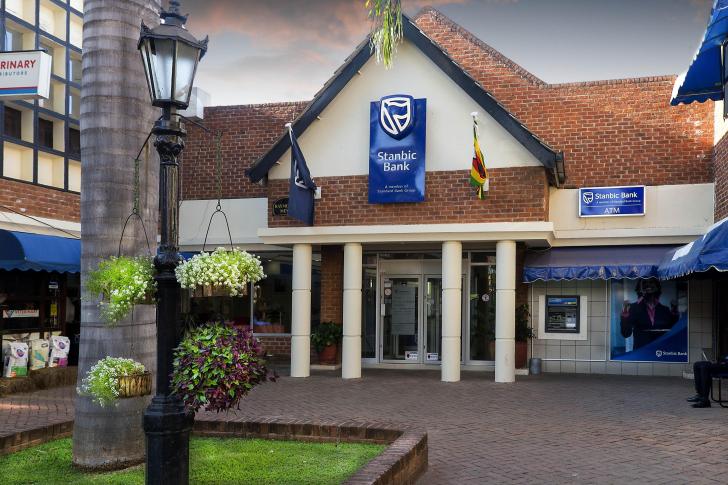Business / Companies
Zim government urges Stanbic Bank to honour its empowerment pledge
23 Aug 2011 at 04:08hrs |
838 Views

The Zimbabwe government has called on Stanbic Bank, South Africa's Standard Bank Africa's wholly owned Zimbabwean subsidiary, to honour its pledge to localise 30 percent shareholding as agreed when it acquired ANZ Grindlays (Zimbabwe) in 1993 as part of its compliance with the indigenisation and economic empowerment regulations.
In a letter dated August 17 2011 addressed to Stanbic Bank chairman Mr Sternford Moyo, Youth Development, Indigenisation and Empowerment Minister Saviour Kasukuwere said this was in keeping with the principle of localisation of equity.
The agreement stated that the 30 percent equity would be sold to a broad spectrum of indigenous Zimbabweans including employees and management and other interested indigenous Zimbabweans.
Further to this, the minister said the provisional indigenisation plan for Stanbic would only be approved if it also provides an additional 10 percent equity to a broad spectrum of indigenous Zimbabweans within a period of one year from the date of the agreement.
"We require a total of 40 percent direct equity participation by indigenous Zimbabweans in Stanbic Bank," Minister Kasukuwere wrote in the letter to the bank.
Another condition for approval is for the bank to enhance the empowerment of indigenous Zimbabweans through the injection of at least US$1 billion into the local economy within a period of five years.
The pressure on Stanbic Bank comes less than a week after the empowerment minister gave Barclays Bank and Standard Chartered Bank two weeks to submit their empowerment plans or risk losing their licences.
Under the Indigenisation and Economic Empowerment Act, foreign-owned companies are required to submit indigenisation plans detailing how they intend to meet 51 percent direct equity participation by locals within five years.
In a letter dated August 17 2011 addressed to Stanbic Bank chairman Mr Sternford Moyo, Youth Development, Indigenisation and Empowerment Minister Saviour Kasukuwere said this was in keeping with the principle of localisation of equity.
The agreement stated that the 30 percent equity would be sold to a broad spectrum of indigenous Zimbabweans including employees and management and other interested indigenous Zimbabweans.
Further to this, the minister said the provisional indigenisation plan for Stanbic would only be approved if it also provides an additional 10 percent equity to a broad spectrum of indigenous Zimbabweans within a period of one year from the date of the agreement.
Another condition for approval is for the bank to enhance the empowerment of indigenous Zimbabweans through the injection of at least US$1 billion into the local economy within a period of five years.
The pressure on Stanbic Bank comes less than a week after the empowerment minister gave Barclays Bank and Standard Chartered Bank two weeks to submit their empowerment plans or risk losing their licences.
Under the Indigenisation and Economic Empowerment Act, foreign-owned companies are required to submit indigenisation plans detailing how they intend to meet 51 percent direct equity participation by locals within five years.
Source - TH
Join the discussion
Loading comments…


































